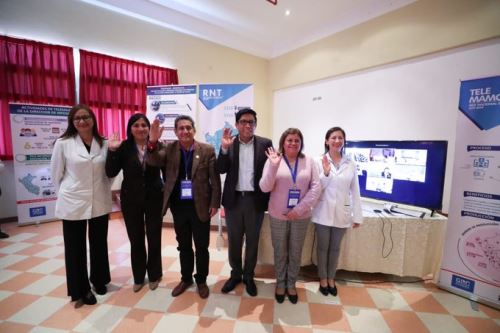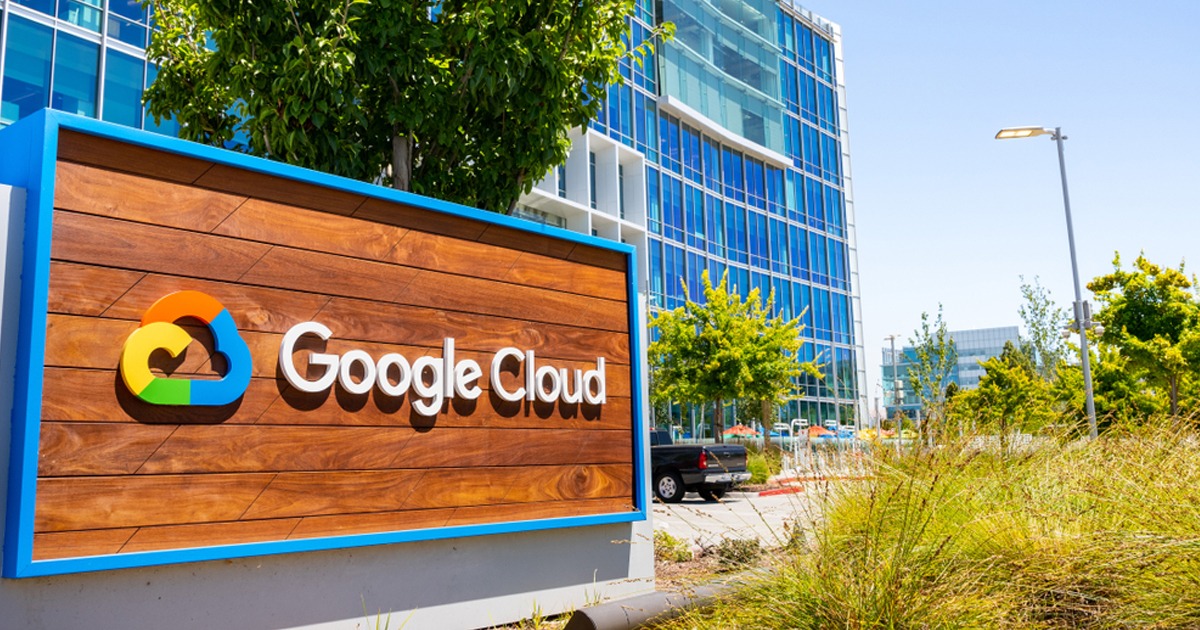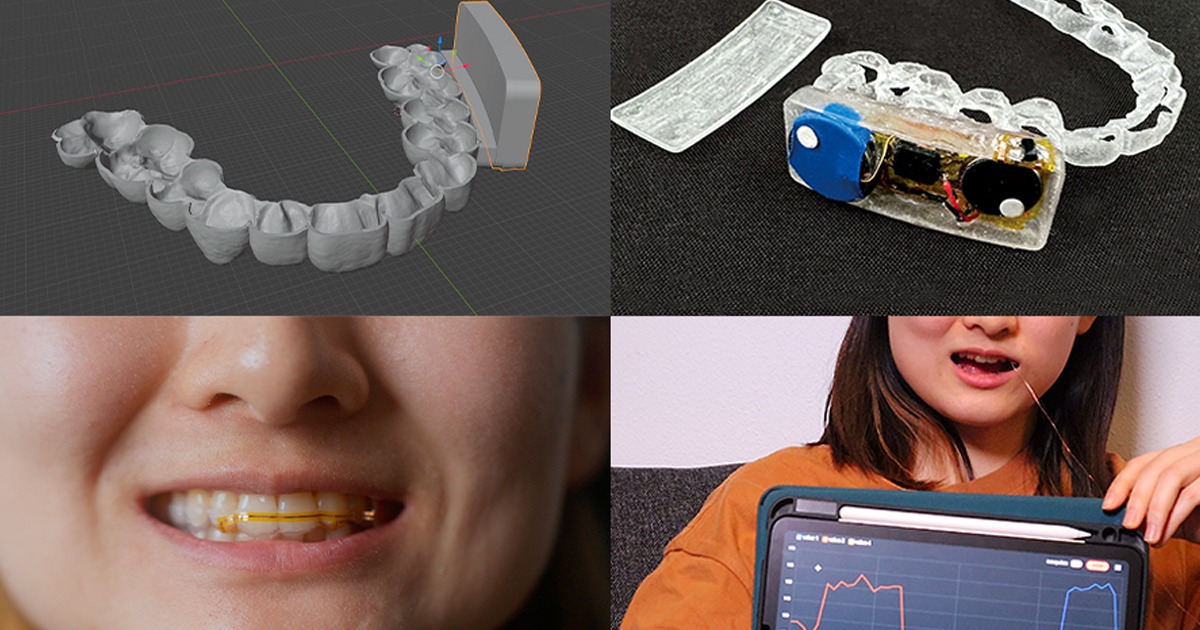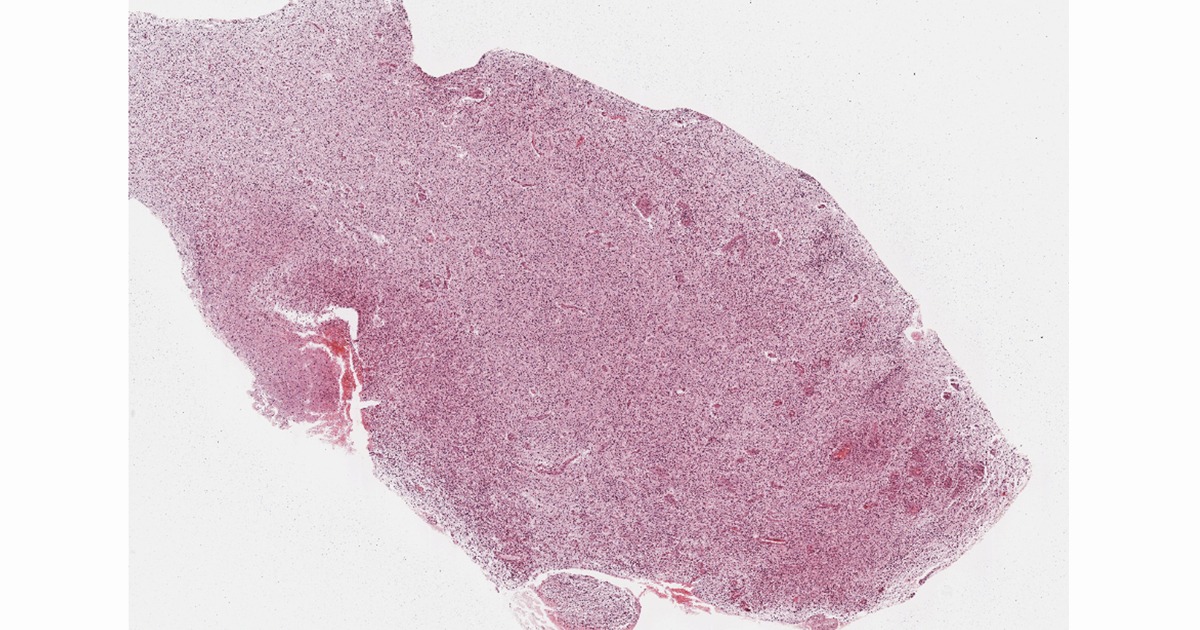Digital Health technologies, such as telemedicine, have been key for medical researchers to continue implementing decentralized clinical trials.
The Clinical Trials Transformation Initiative (CTTI) defines decentralized clinical trials (DCT) as studies “executed through telemedicine and mobile/local health care providers, using processes and technologies that differ from traditional clinical trial model.
The DCTs offer improvements in receiving data in real time remotely, also taking care of their privacy and security. This month the article was published in the journal Nature: Strengthening clinical research in a decentralized world, which describes the implications of technologies, zero-trust environments and federated computing in DCTs, driven by Digital Health technologies.

Clinical trials have historically been designed with on-site investigators as a central focus. Centralized trials gather participants in academic health centers, on set days and times: "The centralized trial approach, confined to unrealistic settings, generates theoretically unbiased findings, the authors explain."
Through Digital Health technologies, which are also within the reach of more people and academic research centers every day, a transition from centralized environments to remote environments is sought.
The article highlights three advantages of DCTs:
- The availability of numerous digital biomarkers and digital endpoints that can be measured remotely and continuously.
- The ability to monitor adverse events in real time directly through linked electronic medical records.
- Reducing the costs of clinical evaluations during clinical trial follow-up, with numerous digital endpoints continuously collected through DCT.
Traditional trials imply a higher cost and more time invested by professionals, and their viability has been reduced during the pandemic. DCTs seek to take advantage of available continuous and heterogeneous data collection technologies in real world environments. In this way, researchers can achieve more precise evaluations of diseases and medical interventions.





